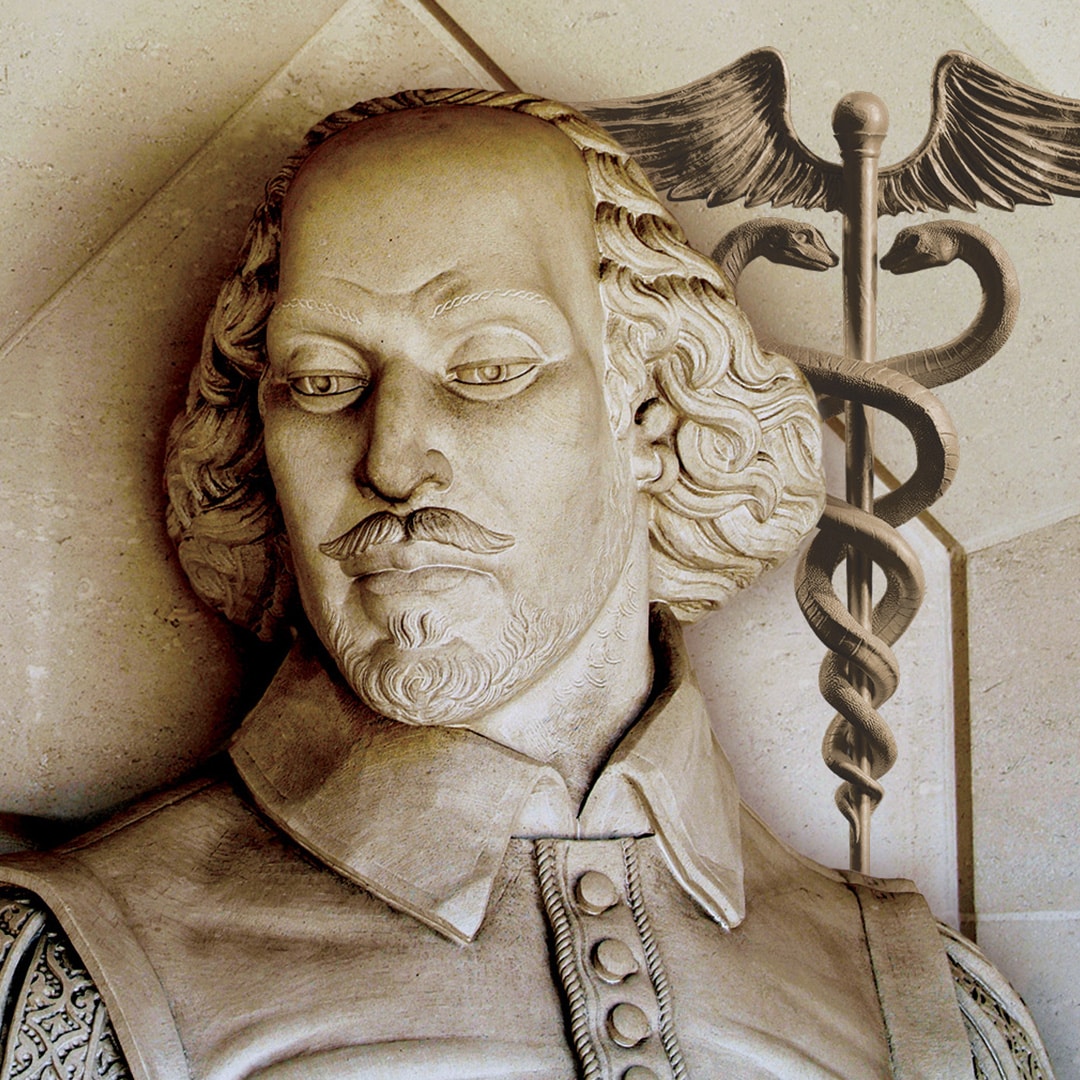In the west down under, peptic ulcers,
Gastrointestinal irritations,
Led two men to look for the smart answers
Whether stress or diet caused these serrations
The prime suspect was a bacterium
Not usually thought to live in the gut
H pylori, they found, loved the atrium
Of this organ, thrived on acidic glut
Society did not like this solution
The doctor drank an infected potion
Showed the world bacterial pollution
Caused the pain, therapy now in motion
Perversely in others ulcers came back
NSAIDs put stomachs again on the rack
Backstory
Peptic ulcers, those sores that occur on the lining of the stomach or the small intestine, have a marked impact on the quality of life, with burning stomach aches, nausea and vomiting, bloody stools and so on. It was commonly associated with lifestyle issues, especially stress, smoking and diet; all these risk factors tended to increase acidity and decrease the resistance of the mucous lining. Some fifty years ago, millions of individuals around the world suffered, to some degree, from these ulcers. Conventional wisdom determined that ulcers were not caused by pathogenic microorganisms since these (especially bacteria) could not survive in the intestinal environment.
In Perth, Western Australia, a pathologist and a gastroenterologist, apparently the former being quiet and thoughtful, the latter being brash and outspoken, started to work together to investigate a conundrum. The pathologist, Robin Warren, reported, in 1979, that the gastric lining could harbor large numbers of curved bacteria. A few years later they confirmed this with a limited clinical study, but their developing theory that these bacteria could be responsible for ulcers was rejected by the scientific community. As part of their attempt to obtain definitive proof, the clinician, Barry Marshall, deliberately infected himself with the bacteria Helicobacter pylori, which caused severe active gastritis. Treatment of ulcers was then changed to target the eradication of H. pylori, especially through proton pump inhibitors. The success of this treatment more or less eradicated idiopathic peptic ulcers in most countries and led to the Nobel Prize for Warren and Marshall in 2005. The sting in the tail of this story, however, is that this was not the end of peptic ulcers, which are found in increasing numbers of people who rely on the long-term use of aspirin and non-steroidal anti-inflammatory drugs, which irritate the mucosal linings.


